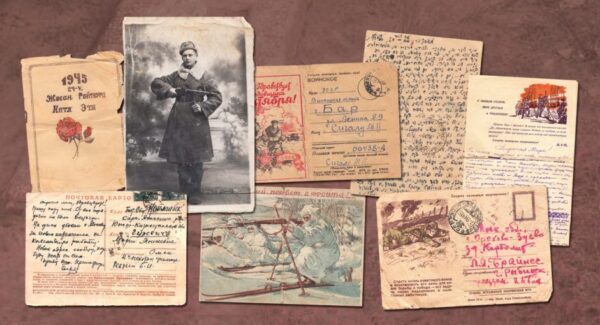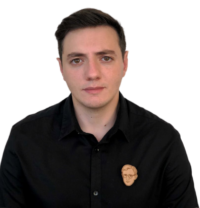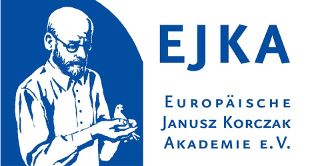
Letters and Diaries During the Holocaust
The European Janusz Korczak Academy cordially invites you to the following lecture dedicated to the International Holocaust Remembrance Day, in accordance with the EJKA motto of the year “Dignity”:
💻 Lecture and discussion (in English): “Letters and Diaries During the Holocaust: Focus on the preservation of human dignity in various situations during WWII and the Holocaust”.
⏰ When? January 29, 2024 (Monday) at 19:00 CET (duration of the event approx. 75 min.)
📌 Where?
- Online on Zoom.
❗️ Registration: until 28.01.2024. Participation is free of charge!
The lecture will be held in English.
✔️ What we are going to talk about:
Holocaust. National Socialism. What was it really like through the eyes of witnesses?
- What did they write to each other in letters?
- How did they live? Whom did they love? What did they worry about? What were their hopes?
- In what way were they courageous, and what can serve as an example for us even today?
- What important details did they write about that you won’t find in official documents and on the Internet?
Roman Zhigun will talk about and show letters and diaries from the time of the Second World War and the Holocaust, pieced together from family archives of Russian-speaking Jews scattered around the world.
These are unique sources of “living” history firsthand, human tragedies, but sometimes also humor, emotions that you won’t encounter in novels and literature.
From a letter dated March 23, 1943:
“Hello, dear Fima, Musya, Marik! Today I received your letter of 13/III [19]43, which made me extremely happy. I am very grateful to you for regularly writing to me and not making me worry or be concerned. <…>
I am working at my old workplace, there is a lot of work. I have already informed you that significant events are happening with us, but so far, the results have not been determined. Battles are taking place for the large and important city S. <…>
I saw how a commander ordered a group of fighters to sneak up to the large DZOT (fortification), which stood, as they say, like a speck in the eye, and blow it up. Eight people went on this operation, only 4 reached the DZOT, but…”
From a letter sent on April 14, 1947, by Doboy Davydovna Alphes to Johannesburg.
Before the letter came into the possession of the Holocaust Center, it had been in Zimbabwe, Israel, and the USA:
“Dear sister Idochka! Recently, Uncle Kivel informed me in a letter of your address, and I hasten to write you a few words about myself. As you probably already know from Uncle, my entire family – mother, father, Nyusya with her husband (Semyon) and the little 1.5-year-old boy, and my little brother Abrashenka – all perished in Vilnius at the hands of the fascists. I have been left completely alone. I am already finishing medical school, and in 2-3 months, I will be a doctor…”
You can find out what happened in the rest of the letters if you come to the lecture by Roman Zhigun. We look forward to seeing you!
Let’s together commemorate the tragedy of the Holocaust and help to make sure it never happens again.
About the speaker: Roman Zhigun is a Research associate in the Russian Research and Educational Holocaust Center and the author of several publications on the history of the Holocaust, Jewish letters and diaries from the Second World War and the history of cinema.

❗️ ️ Registration: until 28.01.2024. Participation is free of charge!
The address of the event and the dial-in link to Zoom for online participation will be sent after registration.


